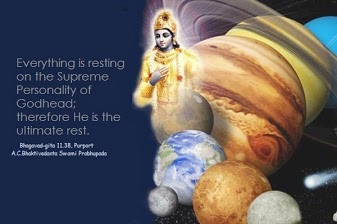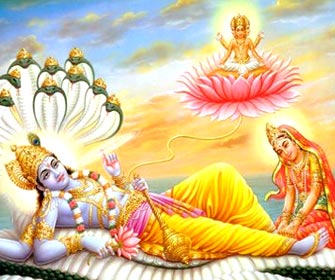The Spiritual Import of the Mahabharata and the Bhagavad gita : Ch-10. Part-7.

Chapter 10: The Imperishable Among All that is Perishable : Part-7. There is an inherent essentiality, the basic minimum of our being, consciousness in its substance, and that is adhyatma. This svabhava is the determining factor of our character and conduct in life. Our behaviour outwardly is conditioned by what we are inwardly as manifest through the vesture of the various layers, the pancha-koshas, as they are called—the mind and body complex. Bhuta-bhavodbhava-karo visargah karma-samjnitah. This is a very difficult and hard saying. The meaning of karma is defined here, in this half-verse, which gives the definition of a peculiar type of karma—it is called bhuta-bhvodbhava-karo visargah. In the Bhagavad Gita, karma has a large dimension and a vast sweep. It is on account of this majestic conception of karma, that karma becomes almost the gospel of the Gita. People wonder many a time whether the Gita can be teaching only action. Yes, we may say it is so,...





.jpg)
.jpg)

.jpg)



